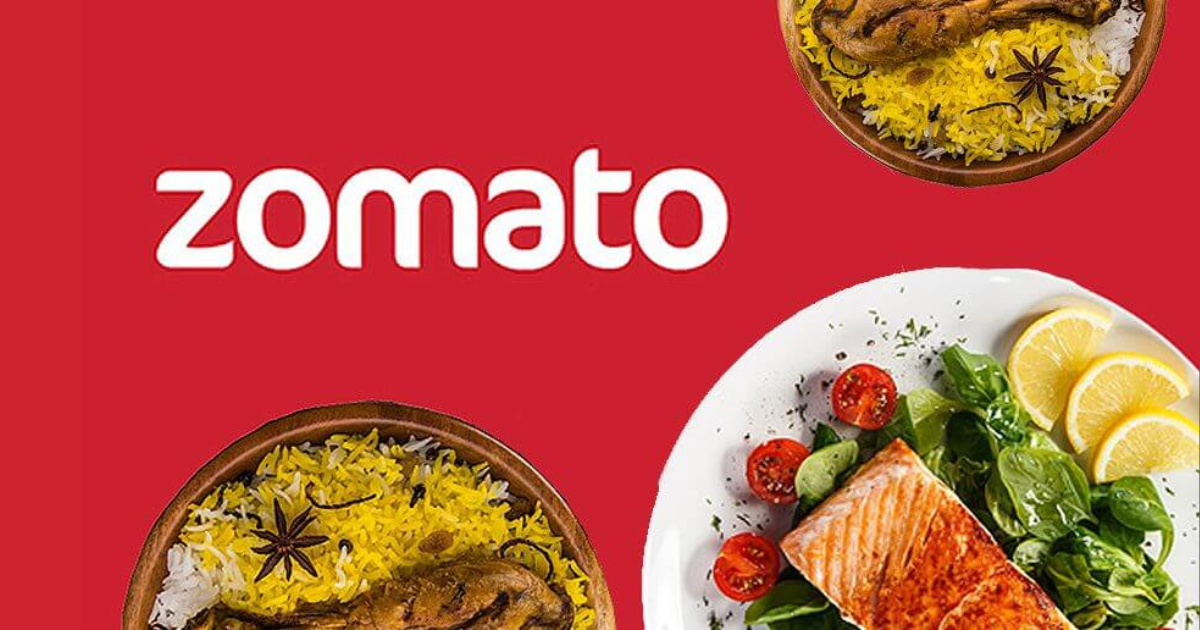Food-tech platform Zomato is reportedly testing its B2B (business-to-business) logistics services by partnering with ecommerce platforms to deliver consumer goods, pharma products, and food. The Gurugram-based company has approached smaller food and grocery aggregators, consumer brands, and pharmacies to onboard them for the pilot run. According to Moneycontrol, Zomato is delivering a few thousand orders a day under the trial program, charging between INR 10 to INR 15 per kilometre to its B2B customers for the service.
A senior executive of a platform in talks with Zomato for the service said that the foodtech major’s prices are pretty similar to other logistics players in the market, adding that what Zomato can offer is a great product with a trained fleet and better delivery timelines. The move to venture into the B2B logistics space could help Zomato improve its fleet utilisation and grow its scale as it looks to tap the underlying revenue opportunity.
This development comes in the middle of a series of pilot experiments by Zomato over the past few years, including the private label nutraceuticals business, the grocery delivery business (twice), Zomato Wings, and the inter-city food delivery service called Legends. Blinkit, Zomato’s quick-commerce arm, also announced that it was launching print out deliveries for users and unveiling electronic and high-value product delivery from retail stores. Earlier this year, it was reported that Blinkit was considering venturing into the at-home services space, on the lines of Urban Company, to scale up its offerings.
The new pilot run in B2B logistics could help Zomato improve its revenue and pre-empt any competition from other players as it experiments in the hyperlocal domain. It could also help Zomato improve its fleet utilisation and grow its scale. However, the company has largely hit a brick wall with its pilot runs outside the food industry. While Zomato continues to be one of the biggest players in the foodtech arena and accounts for more than half of the market share, the company witnessed a degrowth in its food delivery business in the quarter ended December 2022, and its net loss widened to INR 346.6 Cr in the December quarter of the financial year 2022-23.
Despite the challenges, Zomato’s pilot runs could yield some interesting results, as the company looks to leverage its existing fleet of drivers to boost its revenue.



![[CITYPNG.COM]White Google Play PlayStore Logo – 1500×1500](https://startupnews.fyi/wp-content/uploads/2025/08/CITYPNG.COMWhite-Google-Play-PlayStore-Logo-1500x1500-1-630x630.png)